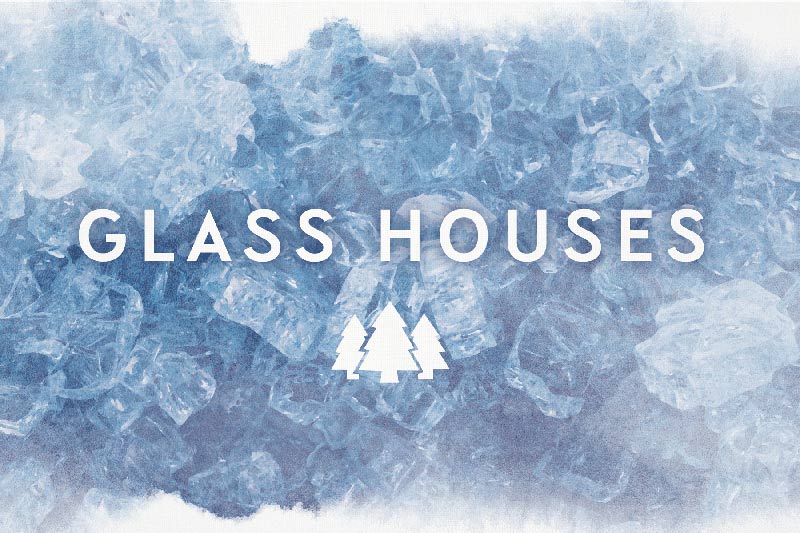wcag heading
From Pg. 7
The Crown made “remote” sound disagreeable, as though the further one got from a major city, the less civilized life became. Which might be true, thought Gamache. But he’d seen the results of so-called civilization and he knew that as many beasts lived in cities as in forests.
Louise’s Thoughts:
This was exactly our experience when Michael and I moved out of Montreal and into the ‘hinterlands’ south of Montreal. Honestly, you’d think we had to check our brains at the city limits. Many of our friends predicted we wouldn’t last a year. Twenty years later I’m still happily in the country, with more friends, more culture, more of a rich social life than we ever experienced in the city. Not that Montreal doesn’t have magnificent art and music. It does. But what people in cities might not realize is the richness of life in the country. And that the city, for all it has to offer, can be pretty damn grim. I wanted, in this passage, to cheer for the countryside and those who choose to live there.
From Pg. 13
And then there was his manner. While around him people partied, this figure stood absolutely still. Soon people stopped speaking to him. Asking about his costume. Trying to work out who it was. Before long, people stopped approaching him. And a space opened up around the dark figure. It was as though he occupied his own world. His own universe. Where there was no Halloween party. No revelers. No laughter. No friendship. “What did you think?” “I thought it was Death,” said Armand Gamache.
Louise’s Thoughts:
Now, this section was tricky. To create dread, without slipping into melodrama. But it also, if you remember, had another challenge and that was temporal. The time shifting that happens in these passages, where Gamache is both in Three Pines six months earlier, and in the courtroom, in the present. And to do it seamlessly. I didn’t want to fall into the easy formula of having one chapter past, next in the present. I wanted it to feel like it does in real life….where we often have our minds in both places. Standing in the present but reliving the past. Without a border. Slipping back and forth. Took me many drafts to get it right, or as right as I could get it. So the first few lines are in Three Pines, six months past. And the final exchange in the courtroom, in the height and heat of the summer. The other thing I really wanted to do in Glass Houses, something that hadn’t been done in all the previous books, was see Gamache in court. What happens after the arrest? What’s he like on the stand, under fierce examination?
From Pg. 18
We all have, she knew, a place where we’re not only most comfortable, but most competent. Hers was her bookstore. Olivier’s was the bistro. Clara’s was her studio. Sarah’s, the bakery. And Anton’s was the kitchen. But sometimes that comfort was an illusion. Masquerading as protecting, while actually imprisoning.
Louise’s Thoughts:
Ahhhh – how often have I wondered that about my life. Did you ever see The Matrix? It’s a great question…would you choose to stay in a comfortable, stable, but artificial existence – or take the pill and wake up to a dreadful reality? How often do we trade freedom for safety? Not risking. Not pushing and challenging, because then we might fail. But…we might not.
From Pg. 60
She had always been his wife. He’d known that the first moment he’d seen her. He knew her, that first moment. Through the ages. Through the lifetimes. Every other relationship might change, flow, morph into another guise, but his relationship with Reine-Marie was absolute and eternal. She was his wife. And he was her husband. Forever.
Louise’s Thoughts:
I must believe this, and do. With all my heart, though I don’t expect anyone else to. (Except Armand). That there are certain people we meet in our lives, in all our lifetimes. And while they might take different roles, it’s essentially the same people. But I wanted to illustrate here, especially for people unfamiliar with their relationship, the deep bond between Armand and Reine-Marie. The depth of love both are capable of.
From Pg. 143
“Conscience,” said the Chief Superintendent, looking at her and seeing her smile just a little. “Or maybe cowardice. Some think they’re the same thing. That the only thing that stops us from doing something awful is the fear of getting caught. What would we do, after all, if we were guaranteed not to get caught? If we knew there’d be no consequences. Or if we didn’t care. If we believed the act was justified. If we believed, as Gandhi did, that there’s a higher court than a court of justice.”
Louise’s Thoughts:
This thought originally came to me from Oscar Wilde (not personally, I wasn’t channeling him). He once famously said that conscience and cowardice are the same thing. But then Armand here takes it that next step, and connects it to Gandhi. That’s the uncomfortable ambivalence at the heart of this novel. Gamache is warning that Gandhi, famous for standing up, non-violently, to power, might actually be unleashing here all sorts of darkness. Granting moral immunity to people who can say, with all sincerity, that they were simply following their conscience. If it’s legitimate for my beliefs, why not for yours? When is it all right to break the law?


